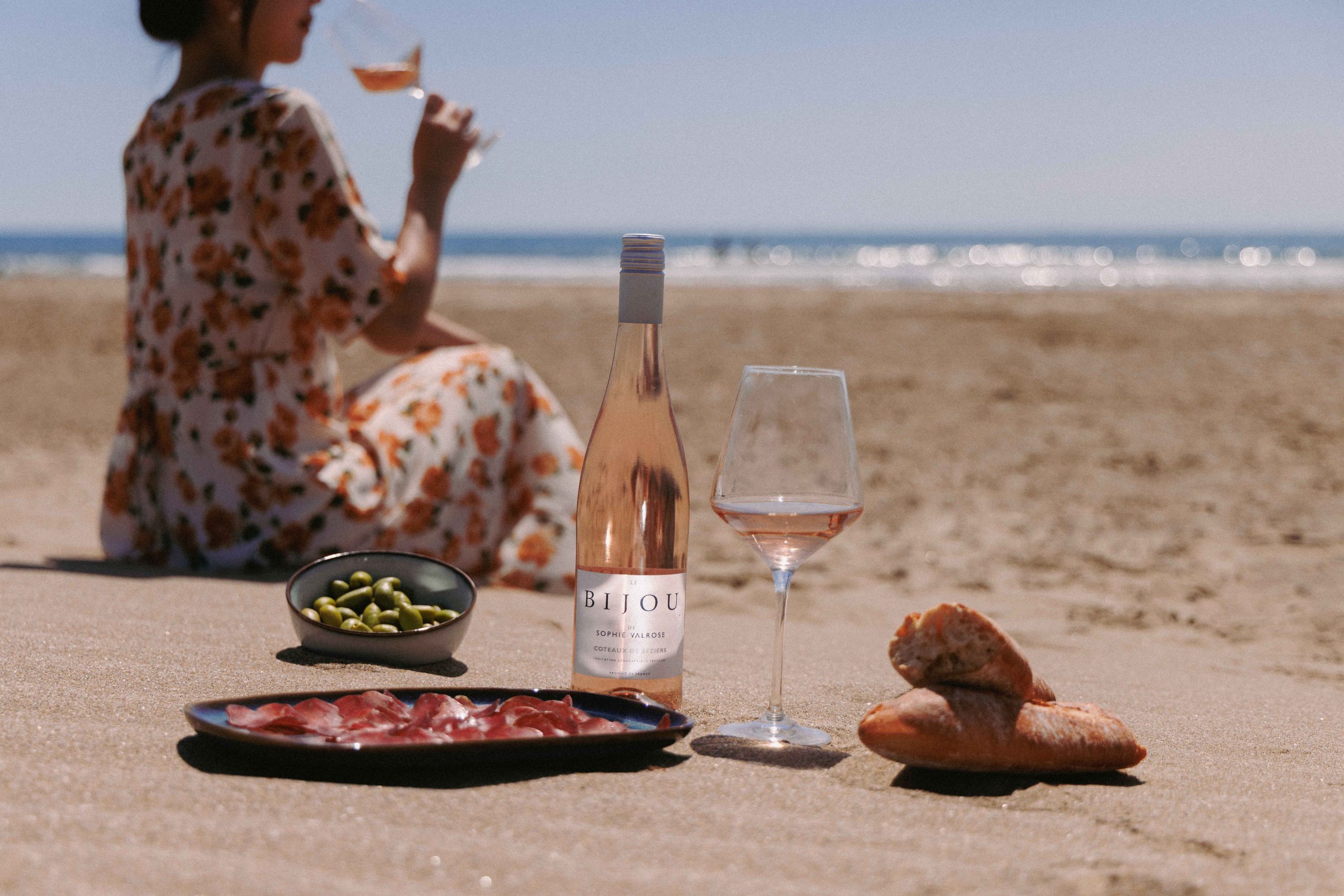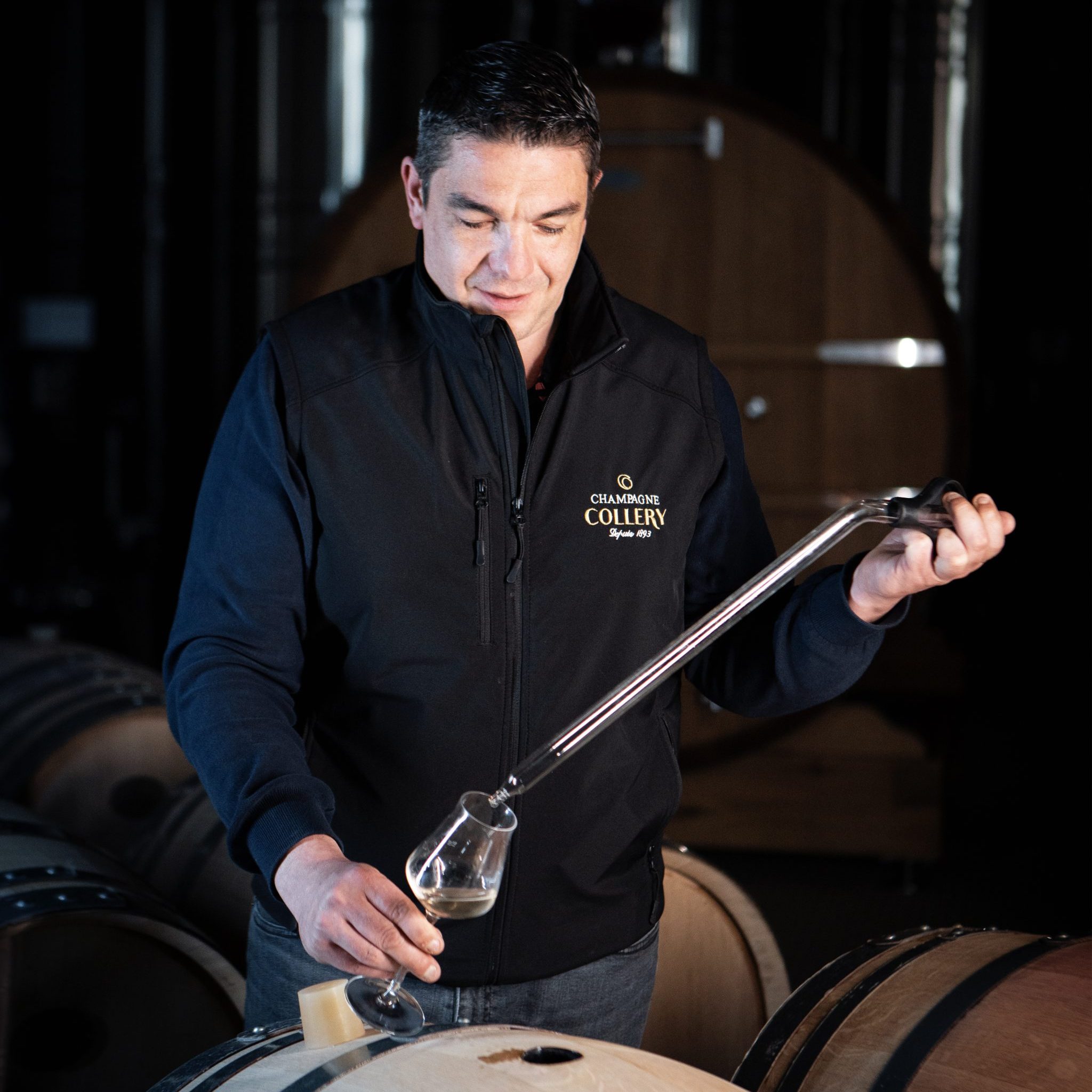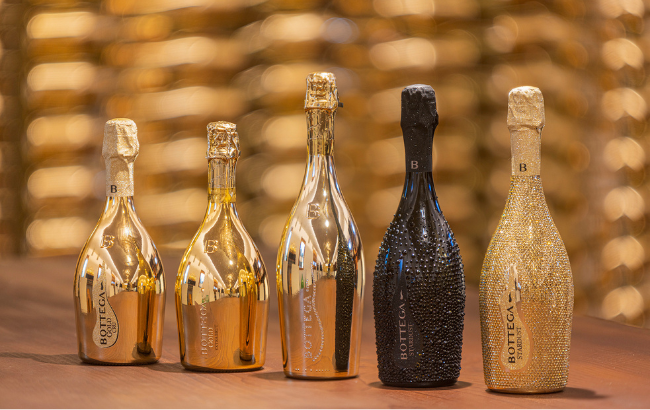How to become a ‘wine expert’ in four hours
By Lauren EadsA doctor of psychology has devised 10 simple steps which he claims can set you off on the road to becoming a wine expert in just four hours.
Dr Alex Russell, a PhD student at the School of Psychology at the University of Sydney, has worked in the wine retail industry for over 10 years. He recently completed his PhD on “the taste and smell perception of wine”, which looked at whether novices can become wine experts.
He claims that provided you have a “working nose and mouth”, anyone can become a wine expert.
“A lot of people think that wine experts are full of it but I’ve been investigating this area for the past seven years and it turns out there is a knack to it”, he said.
Publishing his tips on the University of Sydney’s website, the PHD student assures participants that they will start to see improvements after just a few hours, adding that to build that into expertise you’ll need “time, money and dedication”.
Ranging from how to pick out flavours to advice on learning about winemaking methods and regions, his tips are a crash course in the world of wine.
Click through to take a look at his 10 tips on what you need to do to set out on the road to becoming a wine expert…
Let us know what you think of his tips by leaving a comment below.
1) Find four hours of time
“During my PhD, I had novices come into the lab to smell and taste lots of wines. In most cases, we had them in the lab for an hour and they didn’t learn much. But if they stayed just 30 minutes longer they started to show signs of improvement and after four hours, they were doing really well. They weren’t experts by any means, but it didn’t take them years to get the hang of it, either.”
2) Drink different types of wine
(Photo: Pixabay)
“No expert became an expert by drinking only their favourite wine. Branch out, be willing to try new things. Try wine by the glass at bars and restaurants rather than buying a whole bottle. Try wines made from different grapes, from different regions and countries.”
Partner Content
3) Taste wines side-by-side
Tasting at La Mission Haut Brion
“Odour memory is quite robust but, just like any other type of memory, it is prone to interference and forgetting. Instead of relying on your memory to compare the wine you’re drinking now to the one from last week, open up a few different bottles at the same time so you can directly compare them.”
4) Shut your eyes
“The main skill of wine experts is consistently putting a name to an odour. Wines that smell like blackcurrant aren’t made from or with blackcurrant and they don’t look like blackcurrant. It’s hard to identify a smell when you can’t visually associate it with the obvious source. In fact these wines contain chemicals that, when isolated, smell very much like blackcurrant.”
“So get a friend to go through your pantry and pick out various herbs and fruits. Smell and taste them with your eyes closed and try to identify them. Learn from feedback. It’s hard but you’ll improve over time.”
5) If in doubt add your own flavours and smells
“Not sure what peach tastes like in a Chardonnay? Add a little bit of syrup from a can of peaches to your next glass. Then you’ll get an idea of what the flavour tastes like in wine. Gradually reduce the amount you put in until you can find that flavour without any additive. There are hundreds of possible odours coming out of a glass of wine including chocolate, green olive, eucalyptus and coffee!”
6) You’ll need to get your tongue around the wine and the words
“You might be a food or perfume expert but you’d still have to separately master wine and its associated lingo. Wine expertise is all about linking an odour or flavour with its recognised name. Experts share information using similar terms whereas novices generally can’t describe wines very well and don’t know many of the experts’ tasting terms.”
7) You don’t need a supernose or mouth …
“Many studies show no difference between the smelling sensitivity of novices or experts. Essentially, experts smell and taste the same things novices do, but they’re better at processing the information. Similarly, chess experts can look at the same board as novices but will determine which pieces are immediately relevant more quickly – it’s a processing advantage.”
8) You can start with cheap wine, but cleanskins won’t make you an expert
“Although price isn’t the best indicator of quality (which is fairly subjective), it is often the case that more expensive wines better reflect where they come from. And learning about wine regions is part of being an expert.”
9) You’ll need to read, as well as taste
Prosecco vineyards
“Wine experts aren’t just good at tasting wines. They also know a lot about how it’s made, where it’s made, and all the other things that you read in wine books.”
10) Don’t give up if you make a mistake
“A lot of people avoid wine-tasting games because they are afraid to fail. But it’s OK to make mistakes. A famous French experiment in which white wine was artificially coloured red with odorless dye wrong-footed lots of experts. It highlighted the impact of our thoughts and expectations on what we taste in a wine – it’s almost like they ‘drink the wine with their eyes’. Even experts can get it wrong but they more often get it right.”





While pretty much every “tip” there is fairly obvious, I cannot help but to really like how he translates commonplaces into something more analytical. Provides interesting change of perspectives.
Ridiculous. Why don’t you tell people you can get a PhD in 4 hours too…
It is ridiculous. What about key concepts like complexity, balance, length, mouthfeel texture and style. No mention of these. Superficial at best. I don’t argue with the tips but they are the tip of the iceberg.
Here are two things to improve your ability to taste and talk like a pro in minutes:
Le Nez du Vin
Essential Wine Tasting Guide
Done!
Hi all and thanks for the interest in the story, The headline is a bit misleading – if you read the first point, you’ll clearly see that I specifically said they weren’t experts after four hours.
These are points for the people taking their first steps, who are intimidated by the whole thing, or who think wines all taste the same. There is certainly a lot more to becoming an expert than just what’s here. These are the first baby steps.
These may seem obvious or superficial, but I wonder how many people actually follow tip #4. Training the brain to recognise aroma/flavour without visual cues is key, and I think it helps to practise on non-wine foods.
I used to warm up en route to blind tasting sessions by practising on jelly babies: close eyes, bite head off, guess flavour, check colour of legs, eat legs, repeat. Only six options but it took a while to get them 100% right.
So who knows – maybe I’d have been hopeless at wine tasting without this basic training…
At some point we have to lift the veil on wine. So much of what most people can get their hands on is commercial wine, typically bulk produced and ‘teased’ with enhancements related to aroma or flavour to help sell them a little better to the unsuspecting masses. Unfortunately, the wine world helps perpetuate this somewhat deceptive practice by endorsing corporate wines with 90+ scores without a clear explicit statement for consumers about what’s actually in the wine or where it comes from (yes, I’m aware of different AOC / AC / etc requirements, but these still allow for some play, especially in the New World of wines).
My greatest fear is that commercial wines will eventually embarrass the entire wine establishment. I’d like to see two classes of wine emerge – commercial and artisan – with clear statements concerning any enhancements that have been made. If that’s not available, then Dr. Russell is on to something by helping everyone understand and interpret what is most accessible: commercial wines.
If we don’t make an effort to differentiate wine, ‘wine tasting’ will quickly slip into the world of comparing different colas or potato chips, depreciate the efforts of so many great wine authorities.
Perhaps the person who wrote the headline should have read the article first.
On that note, the word ‘expert’ is thrown around far too loosely nowadays.. especially in this industry, it seems. A shame the time, effort, and dedication of some is being downplayed and degraded so easily.
People,,, relax, take a deep breath, BREATHE, then read the article. It doesn’t say that everyone will be a sammoliery(intentional misspelling). Maybe look at it as a nicely written article with some interesting information.
To the author, thanks, nice article. Good job. I am not an EXPERT, just someone that has been making wine for awhile and found your article good, interesting reading.